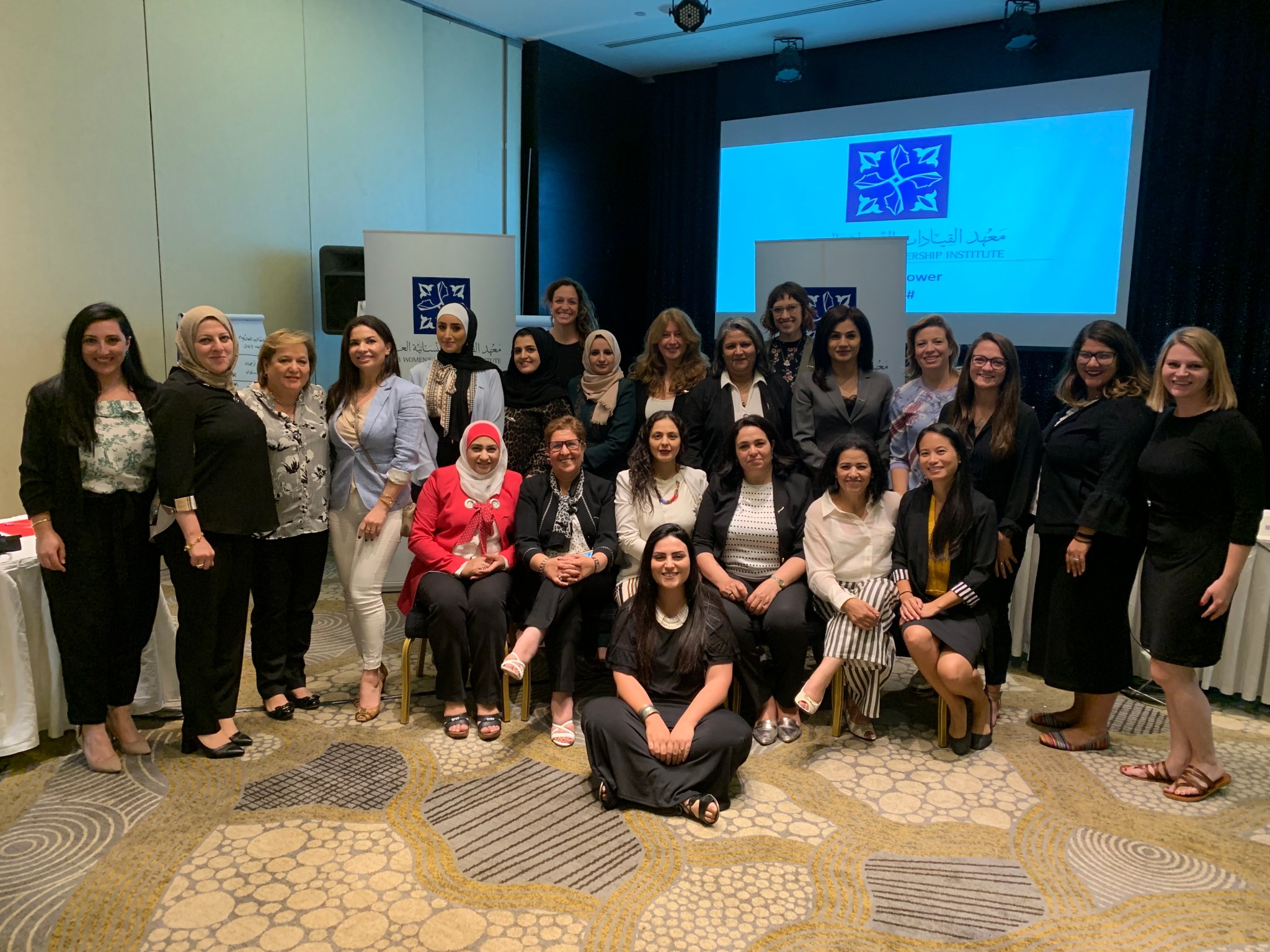Women are Key to Unlocking MENA’s Economic Potential

Increasing women’s labor force participation can have a transformative effect on economic performance. With the Middle East facing slowed economic growth, increasing social unrest and rising regional tensions, IRI’s efforts to advance women’s economic empowerment in the region have assumed a new relevance. This July, the International Republican Institute (IRI)’s Women’s Democracy Network (WDN) convened women leaders from the region to discuss practical governance and grassroots measures to advance women’s economic empowerment.
Throughout the Middle East and North Africa (MENA), the average labor force participation rate for women is just 21 percent, despite rising education levels. Increased participation and economic opportunities for women are proven to drive growth, reduce income inequality and increase economic diversity—goals which remain a particular challenge in the region given the dominance of the energy sector in a number of countries.
The World Bank estimates that increasing women’s labor force participation over the past decade could have doubled the growth domestic product (GDP) rate in the Middle East and North Africa (MENA) region, adding $1 trillion in cumulative output or the total goods and services produced. And while many countries have existing frameworks or legislation to address economic inequity, various constrictive barriers such as ownership of income, access to inheritance and lack of political and civic will to support such legislation continue to inhibit women from playing an integral role in their countries’ economies.
Recognizing this as a critical issue in the MENA region, the Women’s Democracy Network provides a unique platform that brings women leaders together to overcome barriers and coalesce around shared issues to help identify opportunities to unlock the vast and untapped potential of women’s economic participation. In an effort to achieve these goals in the MENA region, WDN convened 17 women leaders from seven countries in Amman, Jordan for the annual conference of the Arab Women’s Leadership Institute (AWLI) in the summer of 2019. This year’s participants consisted of nine elected officials and eight representatives from civil society and the private sector who identified barriers to economic participation and developed action plans for their communities.
This year’s conference focused on promoting women’s economic empowerment through governance mechanisms. As part of a barrier mapping exercise, conference participants identified poor implementation of gender parity laws and women’s lack of financial independence as the two most prevalent barriers that women face in the region.
Participants left the 2019 conference armed with practical solutions for the future. They created individual action plans to empower other women in their communities, ranging from marketing trainings for craftswomen to platforms connecting women-run businesses to their local elected officials so they can better communicate their needs as business owners. Along with governance solutions, these efforts have the potential to power the region’s economy through inclusive economic growth generated at the local level, providing the enabling environment for more stable productive economies and countries.
IRI established AWLI in 2008 as a regional platform to enable engagement of promising women leaders from countries across the Arab world. Since its founding, AWLI has brought together over 100 women leaders across the MENA region.
Top